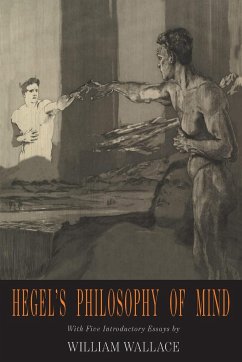This book explores an overlooked area in Hegel studies: his use of 'individuality' (Individualität). Hegel joined a lively conversation, from Leibniz to Romanticism and beyond, about this novel concept/phenomenon. Successive chapters track Hegel's engagement, in such texts as the Phenomenology, Encyclopedia, and Aesthetics. Hegel's system tends to follow a syllogistic logic (universal, particular, singular), but 'individuality' departs from the norm. The category enacts a certain pragmatics (as against semantics or syntactics) regarding tacit assumptions at work or implicit terms of address, which requires active participation by a thinking subject charged with discerning individuality (which bars resort to explicit rules). The category reflexively implicates the user even in presuming an objective context.
'Individuality' should not be confused with 'individualism,' wholly distinct in origin. Moreover, Hegel's Aesthetics embraces a paradoxical anachronism. Like 'art' itself, 'individuality' emerged as an essentially modern category, though one transferred to the past and to distant cultures.
'Individuality' should not be confused with 'individualism,' wholly distinct in origin. Moreover, Hegel's Aesthetics embraces a paradoxical anachronism. Like 'art' itself, 'individuality' emerged as an essentially modern category, though one transferred to the past and to distant cultures.








